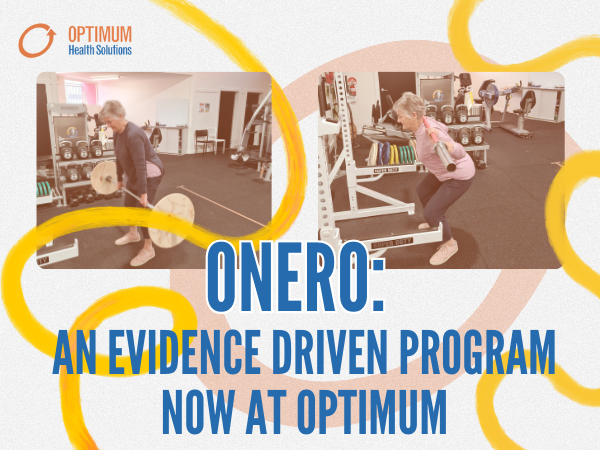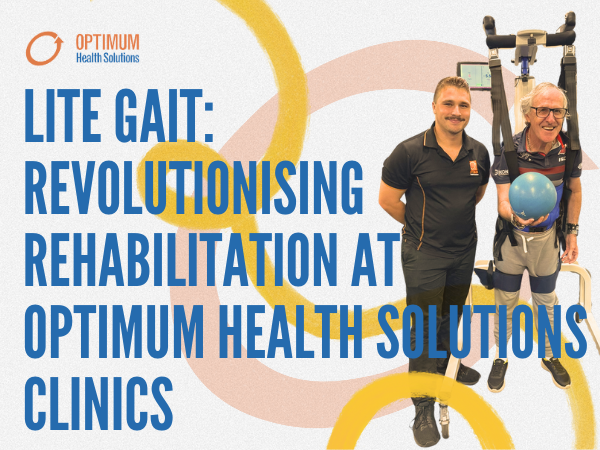What is energy balance?
Energy balance is the balance between the food you eat with your daily physical activity plus the energy your body uses to function at rest (resting metabolic rate aka RMR) as well as the energy your body uses to process the food you eat (thermic effect of food aka TEF). Daily physical activity includes your regular activities including walking to and from transport, gardening, cooking, cleaning etc., as well as exercise. Any extra energy you take in through food compared to the energy you spend is generally stored as fat (our body’s major fuel reserve) and a small amount is stored in your muscles as glycogen.
What can I change?
The two main parts of this equation that you can change our diet and physical activity. The most effective method of managing your weight then, would be a combination of a well-balanced diet along with an increase in daily physical activity.
So what do I do?
The general recommendation for physical activity is to complete 150 minutes of moderate to vigorous physical activity a week, or 30 minutes a day in order to maintain/improve your fitness and health. Though the current guidelines for promoting weight loss ranges between 225-420 min/week and similar to prevent weight gain after losing it. This can be achieved through gym-based exercise, or staying active outside of the gym e.g. walking/jogging to the shops, taking your pet for a walk around the block or a structured home exercise program. Most importantly don’t focus too much on the number of minutes at first, slowly build it up until it becomes a habit!
Why not just restrict my diet?
The bottom line of weight loss is that diet is the most effective method on its own, but there is such a thing as healthy weight loss. Diet alone, while effective can result in loss of lean muscle mass which contributes to weight loss, however, is a step in the wrong direction in terms of your fitness. Research has shown that a combination of the two is highly potent in not just promoting weight loss, but improving cardiovascular fitness, lean muscle mass, and reducing fat around your organs (related to issues with regular bodily functions e.g. heart disease, diabetes).
Important points to note!
- Every person loses/gains weight at a different rate
- An increase in your physical activity can make you more hungry and overcompensate with food (see a dietitian for help with diet!)
- There is no instant fix to lose weight, think long-term adaptation to healthy habits
If you would like more information regarding energy balance to achieve better weight loss results, come in to see one of our friendly Exercise Physiologist.








